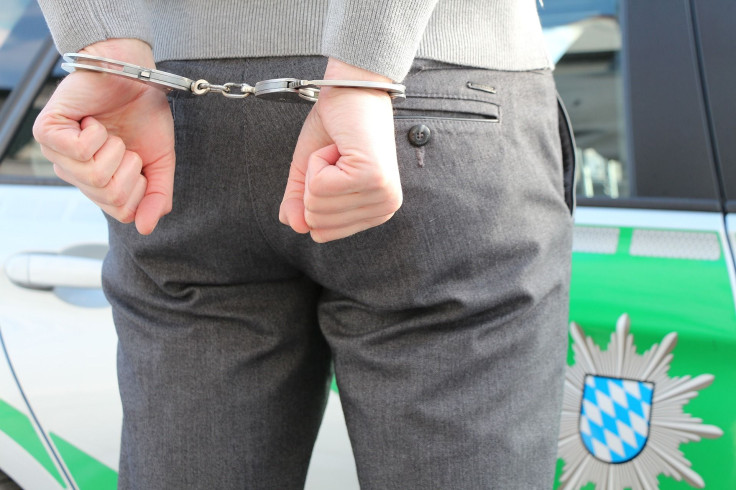Ketamine Draws Scrutiny Again As Elijah McClain’s Death Anniversary Approaches
KEY POINTS
- Elijah McClain was a young Black man who suffered a cardiac arrest after he was injected with ketamine
- As the first death anniversary of McClain approaches, the drug is under scruntiny again
- There are no federal standards on how the drug should be used by police or emergency medical personnel
Ketamine, a drug approved by the Food and Drug Administration (FDA) in 1970, comes under scrutiny again as many remember Elijah McClain a year after his encounter with the police. McClain, a young Black man, had suffered a heart attack after being injected with the drug during an arrest Aug. 24, 2019.
McClain was stopped by the cops in Denver after a 911 caller reported a suspicious person in the area. He was wrestled to the ground, threatened with a stun gun and then injected with ketamine, which led to him suffering a cardiac arrest. McClain was rushed to the hospital but was taken off life support six days later.
Generally, ketamine is used by medical staff during emergencies if there is a safety issue concerning them or a patient. Paramedics inject ketamine as a sedative often when the police ask them to do so to control aggressive suspects.
There are no federal standards on how the drug should be used by police or emergency medical personnel. Many states in the country say when someone shows agitation or "excited delirium," ketamine can be used to sedate the individual but not to render them unconscious.
However, an analysis by the Associated Press on cases where ketamine was used by the police during encounters found lack of training and tenuous protocols resulted in many hospitalizations and at times death.
Jimmy Holderfield, National Fraternal Order of Police secretary, revealed in an ABC News report, police have no training to diagnose medical conditions but are familiar with CPR and first aid. He added every police agency has different criteria when it comes to calling in paramedics.
"The best rule of thumb to apply here is what a ‘prudent and reasonable’ person would do," Holderfield told ABC News. "Officers are charged with the duty of protecting lives and property."
Following controversies regarding the use of ketamine by law enforcement personnel, the Colorado Department of Public Health and Environment announced it will review the state's drug waiver program Saturday, KUNC reported.
From 2018 to 2020, there were about 902 reported cases of paramedics administering ketamine in Colorado. Almost 17% suffered from complications, with one person having a cardiac arrest.

There are some who favor ketamine due to its short-lived effects.
Dr. George Lindbeck, chairman of the National Association of State EMS Officials medical director’s council, said the police objective was always to deescalate a situation and reduce the use of restraints. However, he added, "The case where somebody’s got six officers on them, in a chokehold, and needs ketamine is really pretty exceptional. That just doesn’t happen very often."
Ketamine was used on a major scale during the Vietnam War as an anesthetic on the battlefield. Later, during the 1980s, its recreational use as a hallucinogen was introduced. Presently, researchers are studying if ketamine could help in treating severe depression.
© Copyright IBTimes 2024. All rights reserved.





















